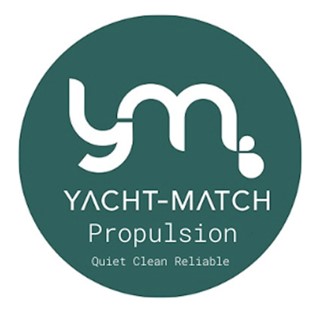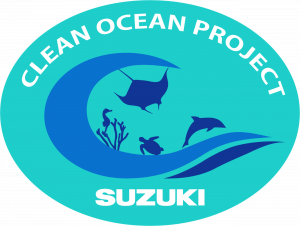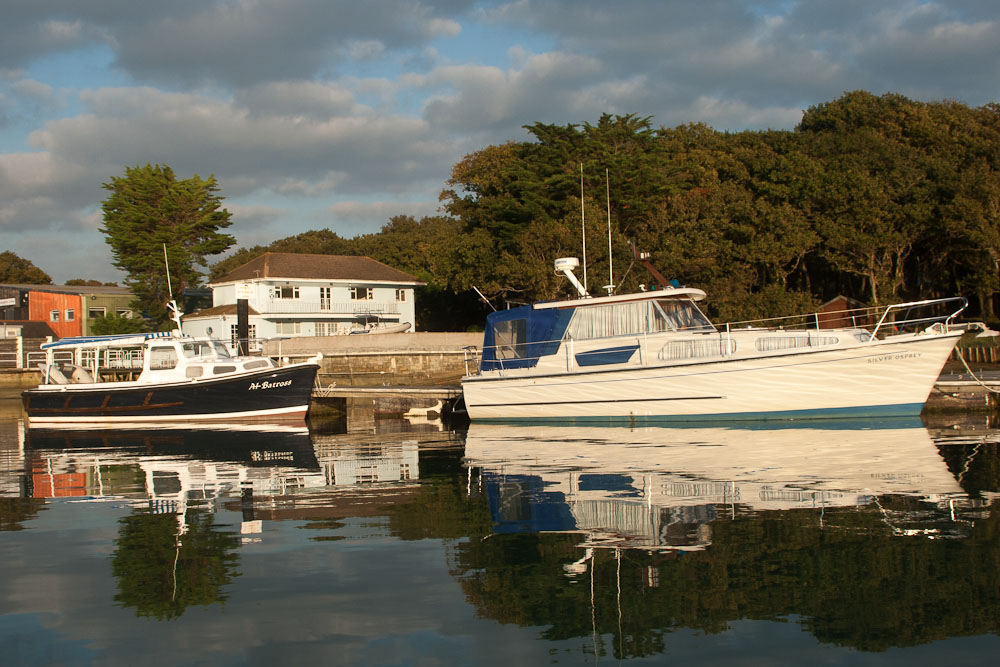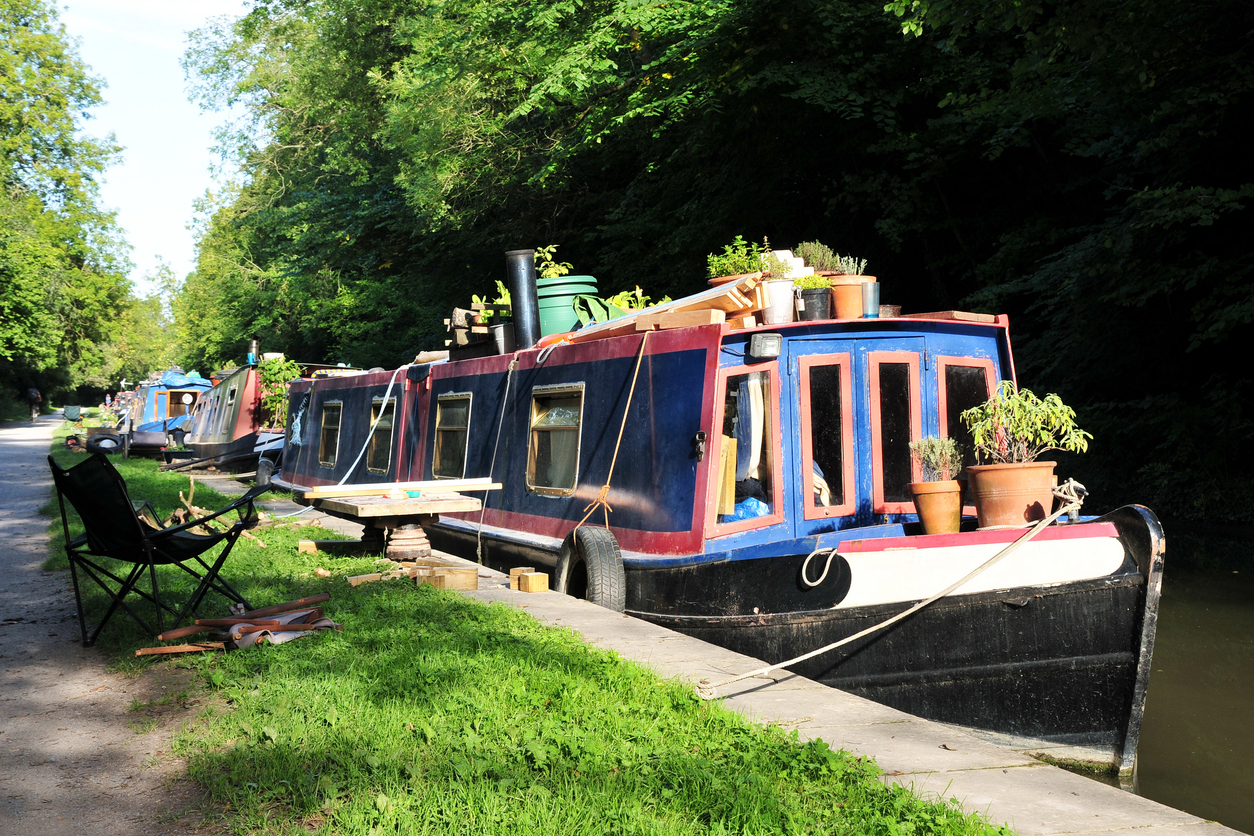Boat buyers as you know them are changing. Knowing who we’re selling to (and what they really want) is key to staying afloat in the ever-changing luxury goods market. YachtWorld’s recent research has uncovered some compelling insights. All signs are pointing towards a younger market, an increase in female shoppers and a stronger emphasis on sustainable boats with lower environmental impact. Find out about this new generation of yacht owners, and what they want from their watercraft.
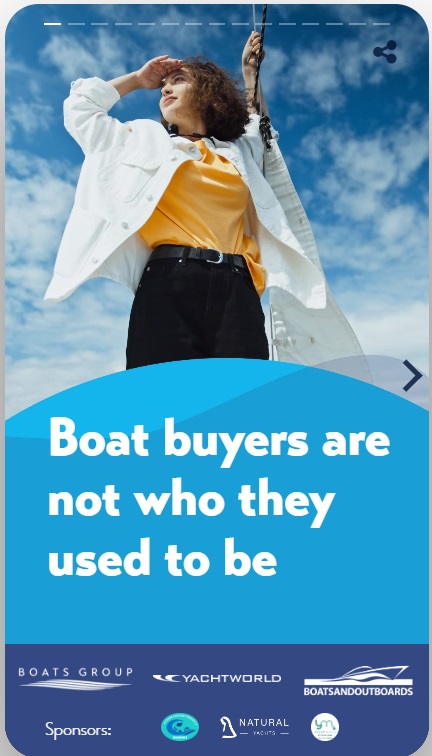
Buyers are getting younger
The idea of owning a boat has clearly piqued the interest of a younger target market. Enter millennial and Gen Z boat buyers. According to YachtWorld’s 2022 research, the share of Gen Z shoppers aged 18-24 visiting the YachtWorld marketplace since 2019 increased by a staggering 64%. In 2019, this group accounted for 2% of all people contacting boat sellers, whereas in 2022, it was 7%.
Millennials too displayed more interest than ever in buying a boat. The share of the 35-44 age group saw a prominent increase, representing 17.6% of all visits in 2019 and 22.3% in 2022 – an increase of 21%. What’s more, the share of younger millennials, aged 25-34, increased from 12.6% in 2019 to 13.6% in 2022. This is an increase of 7%.
In terms of total visits to the marketplace, the 45-54 age group still take the top spot. But for the first time, the second-largest group consists of younger (35-44), rather than older visitors.
While boat buyers aged 45 and over still represent a strong majority of YachtWorld’s total visits at 57%, it is clearly time for the industry to react accordingly.

They’re not just visiting, many are showing intention to buy
Of course, those who check out a website only paints part of the picture. Visits that convert to leads (visitors contacting sellers) are highest among the older age groups, meaning these groups are more likely to show interest in purchasing a boat or yacht during their visit. However, Gen Z and millennial conversion rates are surprisingly high, at 0.37% and 0.30% respectively.
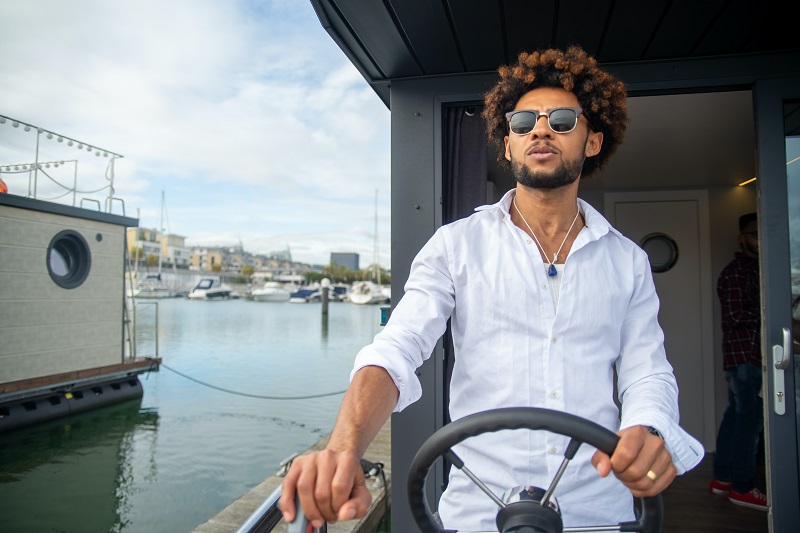
More women taking the helm
Examining boat buying behaviour in 2022 by gender also tells an interesting story. There is a strong uptake in the share of women shopping for boats, with a 40% increase in the past three years, from 11% of all buyers in 2019 to 18% in 2022. The market share that men occupy decreased correspondingly from 89% to 82% in 2022.
What’s also prevalent is that while men still represent the most visitors, women are more likely to demonstrate interest in purchasing a boat from the platform. Conversion rates for women are stronger than those of male shoppers: 0.38% for women versus 0.35% for men.
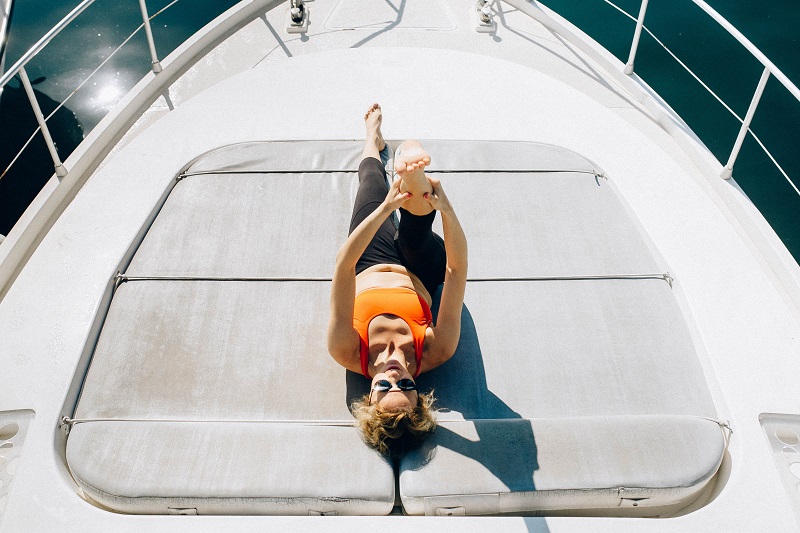
Millennials and Gen Z want sustainability
So what does this changing demographic mean for the boating industry? We need to respond by learning more about what younger customers value. Insights from Forbes say that this generation consume in a different way to older customers because they have curated online personas. They’re heavy users of social media and as a result tend to “perceive themselves as brands and consequently elect labels that align with their personalised positioning, often claiming to only associate with sustainable brands”.
Boats Group’s American sales platform and US market leader, Boat Trader, examines current market trends reporting that millennials and Gen Z consider social responsibility when shopping for boats. They’re inclined to pay a premium for sustainable products that make them feel good about consumption. While baby boomers might gauge most luxury brands to be sustainable due to their exclusivity and scarcity, younger shoppers want to be sold on social responsibility and environmental impact.
In addition to being more tech-savvy than older generations, millennial and Gen Z boat buyers are experience-driven in their boat buying. Boat Trader reports that they “are using more sea toys than ever before, participating in sunrise yoga on the sundeck, paddleboarding at lunchtime, and fishing in the evenings”. There’s a sense of mindfulness that boats can provide which appeals to this audience, and if the vessel itself is sustainably constructed, so much the better.
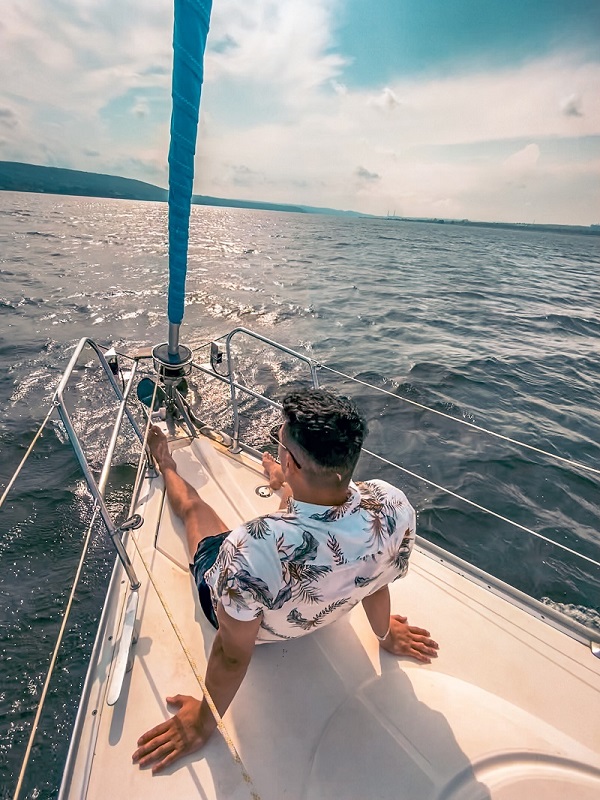
COVID-19 has accelerated sustainable buyer behaviour
COVID-19 changed everything. And one of those changes was a global shift towards sustainable transformation. The luxury goods industry, in particular, began investing in initiatives to drive change in areas such as climate change, restoring biodiversity and protecting oceans, according to Forbes.
The pandemic also affected shopping habits. Spending long periods of time in lockdowns meant that many luxury customers reassessed their life goals and financial decisions, according to Sustainable Brands. At the same time, social justice uprisings were top of mind, such as the Black Lives Matter movement, environmental issues were heavily reported, such as wildfires across the globe, and people generally found a reconnection with nature, taking daily walks and visiting outdoor recreation areas.
“Much of the pandemic response merely continued consumers’ search for meaning and happiness that was trending pre-pandemic. In particular, social psychologists have long widely believed that having a sense of purpose and broader service is one of the foundations of happiness. Amplified by the pandemic, we see this trend continuing long into the future.”
Planet-friendly without compromise
An important part of that evolution is moving towards a circular economy that supports pre-owned and rented luxury items. Boat sellers should also keep in mind the technological prowess of Gen Z and Millennial buyers. Video and live social media content are more likely to resonate with this audience than traditional media.
The luxury market might appear at odds with sustainability. However, as explained in an article by Marketing Society, concepts such as “glamping”, a glamorous form of camping, merge the ideas of luxury and sustainability in the tourism industry, while advances in the luxury car industry use technology to reduce emissions. Now the boating industry is following suit. More and more manufacturers are producing zero-emissions boats and yachts that are as sustainable as they are luxurious.
Electric boating and the future of sailing
Governments around the world are also responding to an ever-increasing need for environmentally friendly policies. For example, in the Netherlands, non-electric boats will be banned from Amsterdam’s central canals from 2025, and elsewhere in Amsterdam by 2030 (5). This will follow in the direction of villages like Giethoorn, which solely allows electric boats already. Other locations in Europe are likely to follow this approach.
Sustainable boating adventures that new audiences are looking for come in many styles. Chartering boats as an alternative to owning them, embracing green energy like wind and solar power, keeping waters clean through environmentally responsible boating, and opting for sustainable boating journeys are just some of the ways to connect with them. Boat marketplaces, such as Boats Group’s platforms, are making it easier than ever to filter for electric models.
Every boating organisation must evolve to remain relevant in these changing times. The pressure is on to deliver on promises that meet long-term sustainability goals. Our customers want it, and the oceans rely on it.
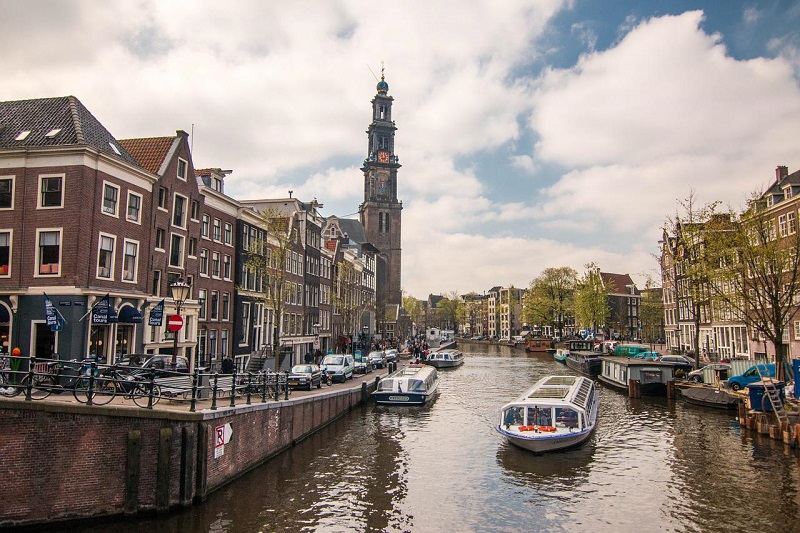
Image credits: SimonSkafar/iStock; Kampus Production/Pexels; Nataliya Vaitkevich/Pexels; Mihai Vlasceanu/Pexels; neshom/Pixabay
In order to be able to continue delivering factual market research in the future, we are proud to count the following among our sponsors:
Natural Yachts
Natural Yachts is committed to accelerating the transition driven by zero emission innovative technology.
Yacht Match Propulsion
Yacht Match Propulsion Consultancy offers an unbiased assessment for clients who wish to minimize their ecological footprint by converting to an electric system.
Suzuki
The Suzuki Clean Ocean Project is Suzuki’s commitment to a cleaner marine environment.

